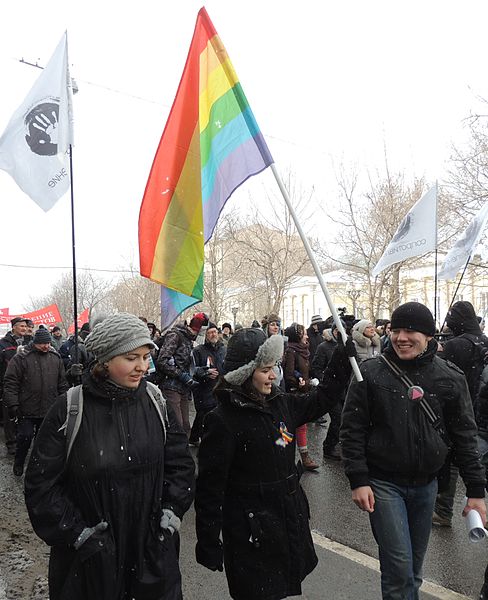
Will ENDA’s religious exemption vanish?
In the wake of the US Supreme Court’s Hobby Lobby decision (which had nothing to do with the issue) and thanks to President Obama’s LGBT Executive Order on federal contracting (which did not include the needed religious organization exemption), many, though not all, LGBT advocacy groups have dropped their support for the Employment Nondiscrimination Act (ENDA) bill that the Senate adopted last November, demanding that the ENDA bill’s religious organization exemption be removed. ENDA would apply to all but the smallest employers, whether or not they ever receive any government funds.
In fact, every ENDA bill that has been introduced has included a religious organization exemption so that the bill’s new employment nondiscrimination requirements (sexual orientation, or that plus gender identity) do not apply to religious organizations. This exemption is important so that religious organizations can continue to maintain their faith-based standards of conduct for employees-not refusing to hire someone because of his or her sexual orientation, but rather insisting that all employees abide by the restriction of sexual activity to man-woman marriage–a common requirement in classical religious traditions.
Without such an exemption, decisions that, to the religious organization, are clearly legal religious employment decisions may be challenged by an aggrieved applicant or employee who claims that the decisions instead are a matter of illegal job discrimination on the basis of sexual orientation. A religious organization exemption prevents these disputes and keeps the government from having to decide about matters of religious doctrine and religious practice–matters it is incompetent to judge.
In response to the LGBT Executive Order and the statements against the Senate ENDA bill by the activist groups, the chief sponsor of the ENDA bill in the House, Rep. Jared Polis (D-CO) on July 22 proposed a resolution to strip the religious organization exemption from the Senate bill and to move the Senate bill to a House vote, despite the opposition of House Speaker John Boehner (R-OH).
It seems unlikely that there are enough Republican Representatives to join with Democrats to force action on the ENDA bill, with or without Rep. Polis’ change, although a great deal of money and activists’ energy is being spent to persuade more Republicans to support ENDA.
The Senate ENDA bill’s religious protections are imperfect, yet this bill is far better than an ENDA bill that, like the LGBT Executive Order, would have no exemption for religious organizations. Here’s a hard question for religious freedom advocates: should they push for the House to adopt the Senate ENDA bill because an ENDA with its protections is far better than a later ENDA without any religious organization exemption?
Not incidentally: states that have a sexual orientation nondiscrimination requirement that applies to private organizations include a religious exemption, according to the Center for American Progress!
